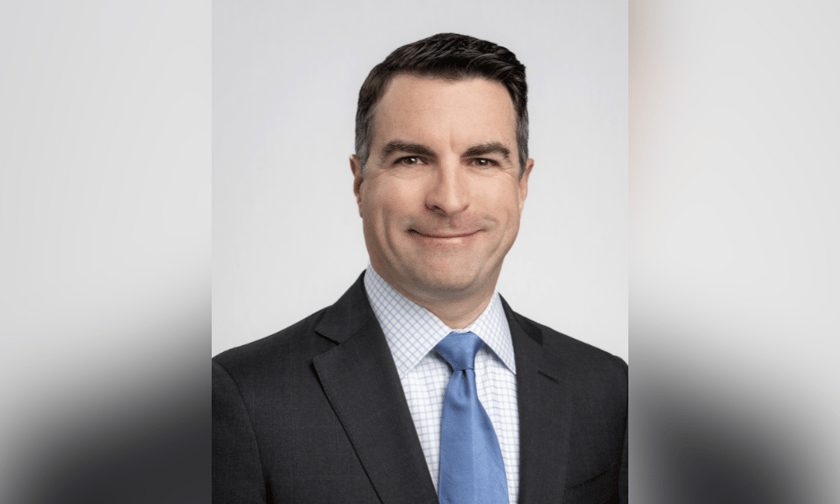

Everest Insurance’s North America president, Mike Mulray (pictured), has come into his new role during what he calls “a really interesting time” in the company’s history.
The global reinsurance and insurance group is placing a stronger emphasis on its insurance business and scaling its international expansion, as well as driving new products and innovation.
“We’ve been on this journey as a group,” Mulray said. “[The rebrand] is an important stage because it signals that while reinsurance has always been a part of our history, and that's not going to change, the organization is in transition to focus more on primary insurance globally.”
Mulray’s appointment was announced in April. A few weeks into the role, he said he has been “on the listening tour” of Everest’s North America operations, after having previously served as global chief operating officer and chief underwriting officer for Everest Insurance
“I’m seeing the organization through a different lens,” Mulray said.
Though it has a created a name for itself in the reinsurance industry, Everest is rebranding from Everest Re Group to Everest Group, in what it said was a reflection of the evolution of its business and value proposition. The firm is not moving away from reinsurance by any means, but rather focusing on growing its insurance business.
At the beginning of 2023, Everest’s business was approximately 70% reinsurance and 30% insurance. Its new strategy is to boost the insurance side so that it’s 50-50, a company spokesperson said.
It’s amid this backdrop that Mulray has been charged with taking the reins of the North America business. Comprising Bermuda, the US and Canada, North America is Everest Insurance’s biggest portfolio, with a little over $4 billion in written premium, according to Mulray.
“We’ll be making a number of evolutionary changes as we think about how to scale the organization going forward,” he told Insurance Business.
Customer focus is key to Mulray’s growth strategy.
“We ask all of our underwriters to understand what the customer is trying to solve so we can customize solutions and capabilities that fit their needs,” he said. “Everything we're doing is with the customer in mind, whether that's how we issue an insurance policy in a correct and timely fashion, or how we handle a claim with speed, empathy, and the appropriate outcome that meets their expectations, or how we tackle new product innovation.”
Part of this entails boosting operational efficiency to generate “greater empowerment and greater accountability” across teams.
“We want to empower folks wherever they are in the world, let alone North America, to make the right decisions for the customer and not be bogged down in bureaucracy,” Mulray continued.
“We put the decision makers close to the client, whether it's in Chicago, Dallas, or out in the US West Coast, or even somebody on the ground in Asia for our international business. We want the decision makers closer to the customer and that allows speed and ease of use.”
Despite economic headwinds and other pressures facing Everest North America, Mulray said he isn’t too worried about external factors that could hamper growth.
“We're in the risk-taking business, right? There's uncertainty around us all the time,” he said. “That doesn't stress me much.”
However, he admitted that the insurance industry’s talent challenges are weighing on his mind.
“Our secret sauce has always been our talent and culture. What I'm most proud of is the talent we've been able to attract and the culture we've been able to create,” Mulray said. “But as we get bigger, we have to maintain that culture, which revolves around collaboration and humility, and people generally just wanting to help each other, which I think is something special.”
Mulray highlighted hybrid working as “an opportunity and challenge” that the Everest Group faces as it continues to grow. The company currently implements a “three in, two out” policy with regards to office working, he said.
“I spent a lot of time thinking about how we can ensure we remain flexible with our colleagues as the shape the world has changed over the last three years, while not losing the special culture we've built,” he said. “That means being empathetic to the personal situations that people have, but also demonstrating to them the value of being together as a team occasionally.”
As for recruitment, Mulray said that proactive measures were needed to ensure continuity.
“We're not the only industry facing this, but I think if we don't get ahead of that and address and recruit new folks into the industry with greater diversity, that's going to hold us back in the future,” he said.
What do you make of Everest Insurance’s growth strategy? Tell us about your thoughts in the comments below.
